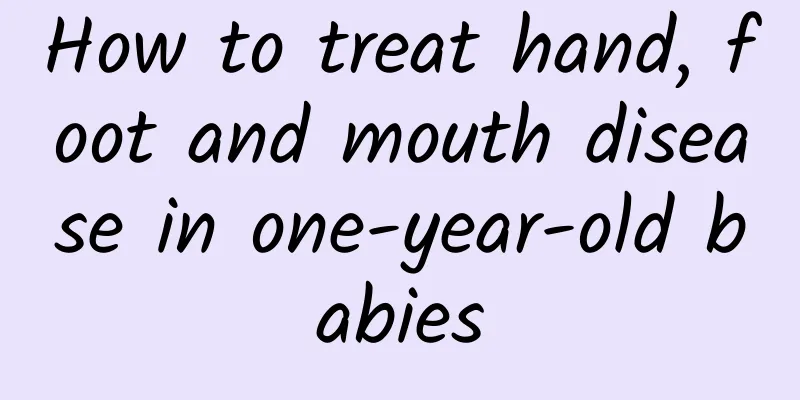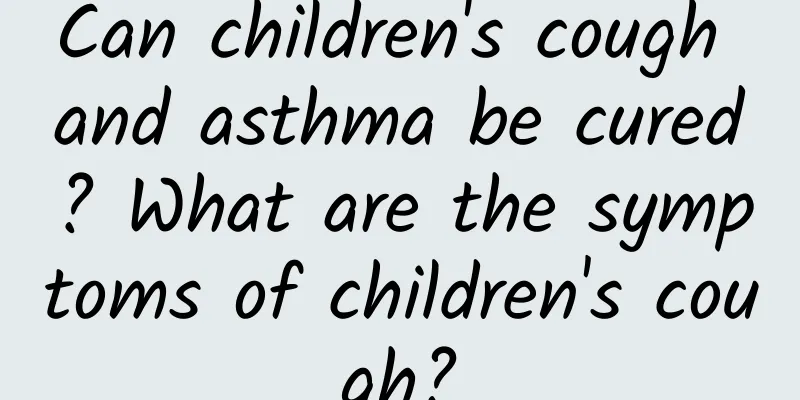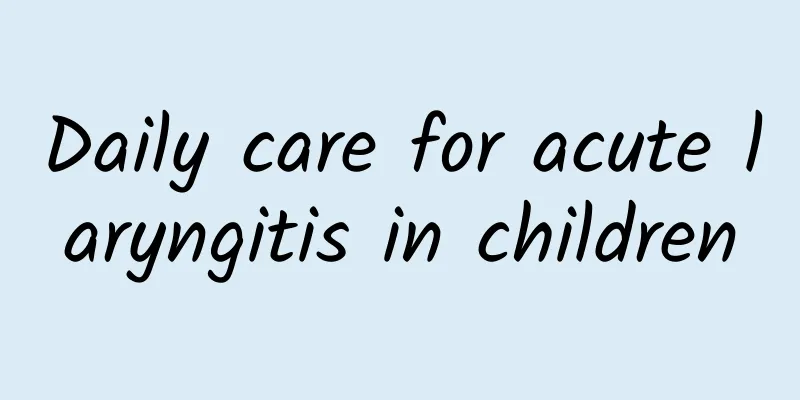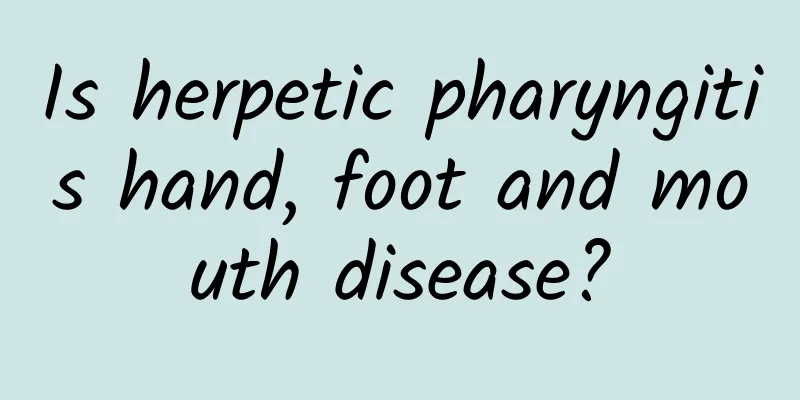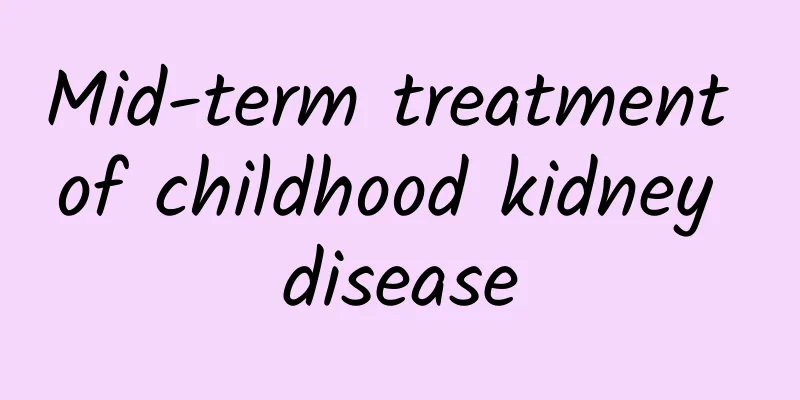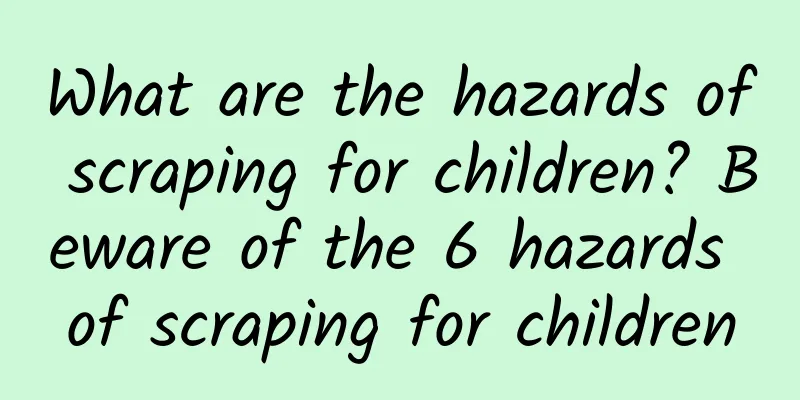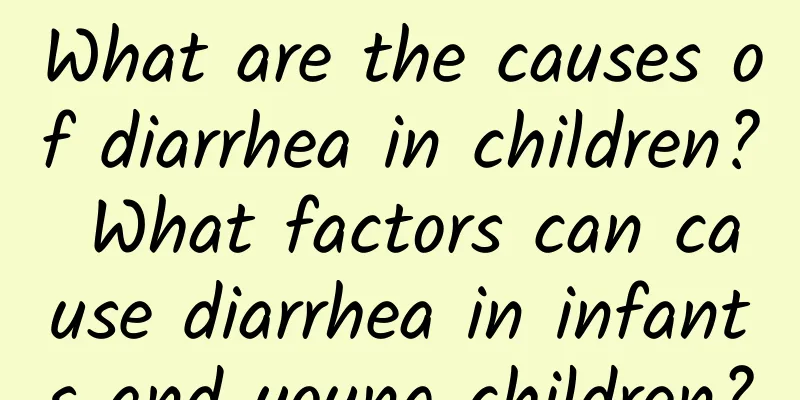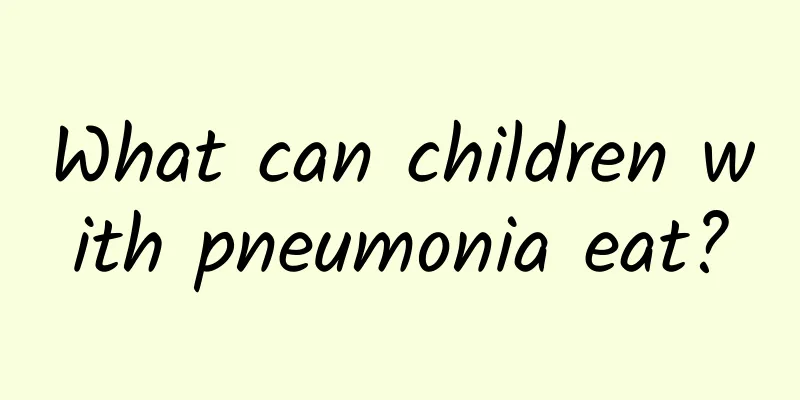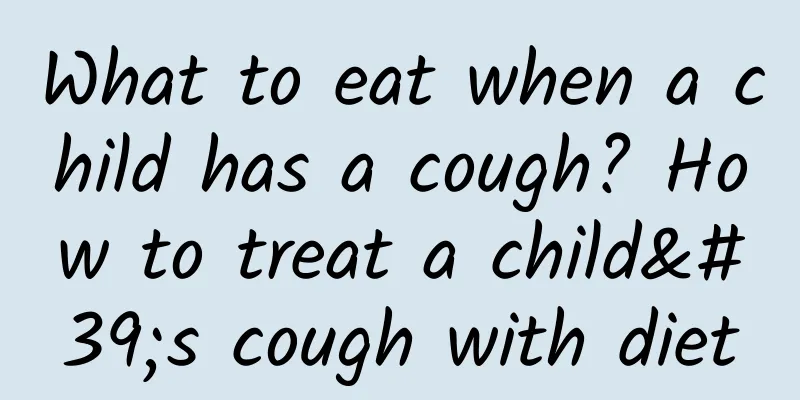Will congenital heart disease in children recur after surgery? Can it be cured?
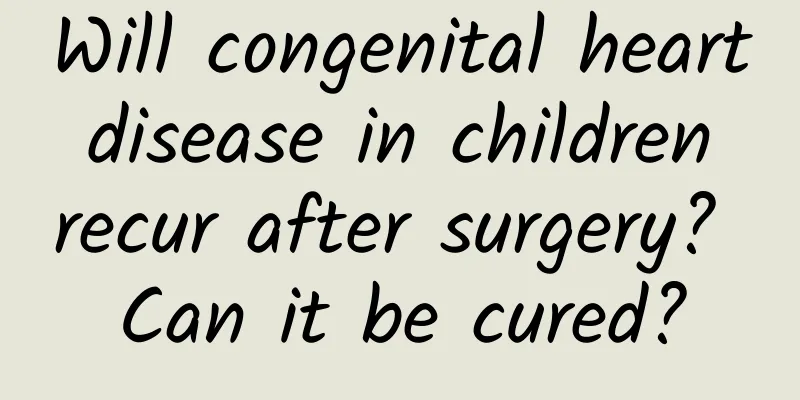
|
Congenital heart disease in children usually does not recur after surgery, but whether it can be completely cured depends on the specific condition and the type of surgery. To avoid complications and long-term risks, regular follow-up, proper medication, and lifestyle adjustments are required after surgery to achieve all-round management. 1) Reasons for relapse or not Congenital heart disease in children is treated by surgery to repair abnormalities in cardiac structure, which can generally solve the main blood flow problems and therefore usually does not recur. However, certain types of congenital heart disease (such as complex tetralogy of Fallot, single ventricle, etc.) may leave certain heart function problems after surgery, which is not considered a "recurrence" but a long-term consequence of the disease. After surgery, blood vessels or tissues may develop stenosis or other compensatory changes due to scar hyperplasia or growth and development, such as aging of artificial valves. These conditions require long-term monitoring and re-intervention as needed. 2) Surgical effect and possibility of cure Whether surgery can completely cure congenital heart disease in children depends on the type and severity of the disease. - Simple defects: such as atrial septal defect and ventricular septal defect, most of them can be completely cured after surgery, and the child will have a normal quality of life. - Moderately complex congenital heart disease: such as patent ductus arteriosus or mild tetralogy of Fallot. Although the patient recovers well after surgery, long-term follow-up is still required to observe heart function. -Highly complex congenital heart disease: including single ventricle, complete transposition of the great arteries, etc. Even if the surgery is successful, late complications such as heart failure and dysrhythmia may occur, and the patient needs long-term treatment. 3) Postoperative management to prevent complications Postoperative recovery and prevention of complications are key, including the following aspects: -Regular follow-up: After surgery, cardiac ultrasound, electrocardiogram and personalized assessment should be performed regularly as recommended by the doctor to monitor cardiac function and blood flow. Close follow-up is still required even if the symptoms disappear. - Rational use of drugs: Anticoagulants, antiarrhythmic drugs or vasodilators, such as aspirin, warfarin, etc., may be needed after surgery and should be managed long-term under the guidance of a doctor. - Healthy lifestyle: Children should maintain good exercise habits and choose light to moderate exercise, such as walking and cycling, and avoid overly strenuous activities. At the same time, a low-salt, nutritionally balanced diet, such as eating more vegetables and whole grains and reducing fried food intake, can help protect cardiovascular function. Children who undergo congenital heart surgery usually have an improved quality of life and a significantly reduced risk of death. However, parents should pay great attention to their children's personalized treatment needs, follow the doctor's advice, and manage their health scientifically. Only by always adhering to comprehensive care, reasonable intervention, and long-term follow-up can children recover better and achieve a good quality of life. |
<<: Is phenylketonuria in children easy to cure?
>>: Are adults with polio still contagious?
Recommend
What are the sequelae of kidney disease in children?
Everyone knows about the disease of childhood kid...
How to distinguish physiological jaundice from pathological jaundice in babies
Basically all children are likely to have jaundic...
There are some tips to prevent breast milk diarrhea
Breast milk diarrhea, that is, pediatric diarrhea...
What are the good treatments for jaundice? These methods can help get rid of jaundice
Strictly speaking, jaundice is not a disease, but...
How many days does it usually take for hand, foot and mouth disease to heal? Can hand, foot and mouth disease be contagious to adults?
How many days does it usually take for hand, foot...
What causes high hemoglobin?
High hemoglobin levels usually mean that the body...
Will I die if I have patent ductus arteriosus?
Will you die if you have patent ductus arteriosus...
How to choose a better hospital for treating acute laryngitis in children
At present, there are many hospitals specializing...
Treatment of thin legs caused by polio
Polio is an acute infectious disease. The conditi...
What are the symptoms of diarrhea in children?
There are many symptoms of diarrhea in children, ...
Treating children's pneumonia: Avoid the three major misunderstandings and eight folk remedies for treating children's pneumonia
Winter is the season when various respiratory dis...
What should I do if my six-month-old baby coughs and has phlegm? What are the ways to prevent babies from coughing?
If a six-month-old child has symptoms such as cou...
Is mumps contagious?
Mumps 1. Mumps is a contagious disease. Children ...
What is the reason for the phlegm in the baby's nose and throat? Is the phlegm in the baby's nose and throat a sign of developmental retardation?
Phlegm in the baby's nose and throat is mostl...
Why does my baby have diarrhea every time he drinks milk? What are the causes of diarrhea in children?
Diarrhea is a common phenomenon in babies. It bel...
